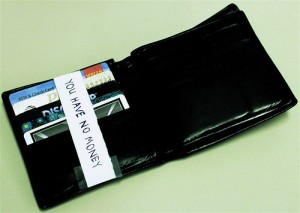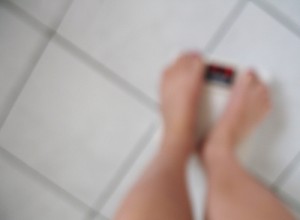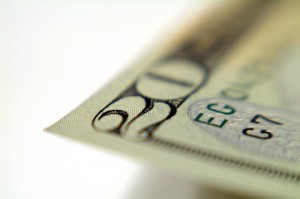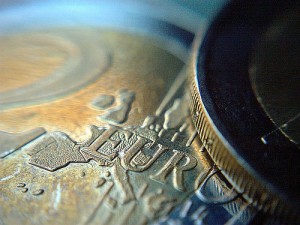 I’ve struggled with insomnia my whole life. Anyone who’s ever had sleeping problems knows that without enough sleep, you’re less productive and less happy. Recent studies have even shown that poor sleeping habits can increase your risk of obesity and all the health risks that go along with it.
I’ve struggled with insomnia my whole life. Anyone who’s ever had sleeping problems knows that without enough sleep, you’re less productive and less happy. Recent studies have even shown that poor sleeping habits can increase your risk of obesity and all the health risks that go along with it.
In the past, I’ve made the mistake of relying on over-the-counter medications to fall asleep. It was never a habit, but every once in a while I’d be desperate for sleep and believe I had no other options. It turns out I was wrong.
Here are the simple ways I improved my sleep (and my health):
Take a serious look at your diet
It’s possible your diet is keeping you awake. Back when my sleeping problems were at their worst, I was drinking 2 or 3 diet sodas a day (to be fair, this was college). I never drank soda in the late evening, but it turned out I was more sensitive to caffeine than I thought. When I stopped drinking caffeinated beverages after noon, sleep came much easier. Examine your diet closely to make sure you’re not sabotaging your sleep.
Are you getting enough exercise?
If not, you may not be tiring yourself out enough. Once I started working out daily, not only did I fall asleep more easily, but I slept more soundly.
Stick to a schedule
We’ve all heard it before, but it’s really true: those luxurious Sunday mornings when you sleep until 9 or 10 can throw off your schedule. If you’re a problem sleeper, try setting a bedtime and wake-up time and sticking to it throughout the week. It may be tough to give up sleeping in, but you’ll feel better rested throughout the week.
Add a calming ritual to your nighttime routine
Whether it’s a bubble bath, stretching, relaxing music, a cup of herbal tea or a book, do something before bed that puts you in the most relaxed state possible. Avoid stressful activities in the last hour before bed, and give yourself some “you” time.
Disconnect before bed
Though I addressed some of the physical reasons I couldn’t sleep, I still struggle with mental roadblocks. While living during the age of constant connection has its perks, all that electronic stimulation can interrupt your sleep cycle.
We’ve all been there. You log on to Facebook to check up on your friends before bed, and five minutes turns into an hour. You start channel surfing and end up staying up way too late. Or a quick call to your best friend turns into an hour chat.
To avoid these distractions, force yourself to tune out at least an hour before you want to sleep. Put away your laptop, turn your cell phone to vibrate, and yes, turn off the TV. I used to think I needed the TV to help me sleep, but a book turned out to be a much less distracting, more relaxing bedtime companion.
What’s your advice for getting a better night’s sleep?





